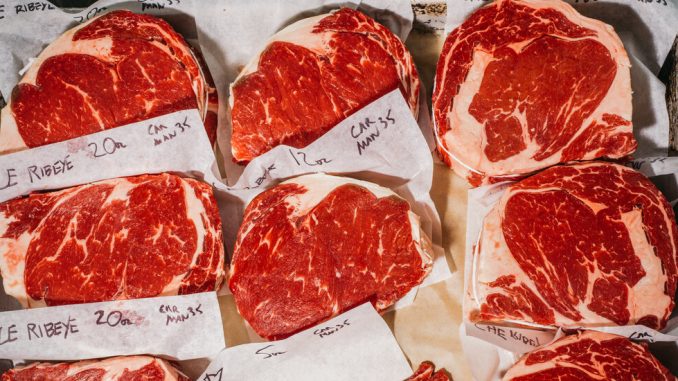
As a 2023 New Yorker article detailing the carnivore craze pointed out, however, studies of Neanderthals have turned up evidence that their diets included dates, tubers and other leafy foods in addition to meat. According to Herman Pontzer, an evolutionary anthropologist at Duke University quoted in the article, humans are “opportunistic omnivores” who will “eat whatever’s available, which is almost always a mix of plants and animals (and honey).”
The New Yorker also noted a study by the biologists David Raubenheimer and Stephen J. Simpson, who found that protein-loaded diets had a detrimental effect on animals’ life spans. “Our sexy, lean mice who ate high-protein, low-carb diets were the shortest lived of all,” the scientists wrote in 2014. “They made great-looking middle-aged corpses.”
Dan Buettner, an author who identified five regions around the world where people have especially long life spans, said that a diet of predominantly whole food, plant-based meals, among other practices, is what leads to a long, healthy life.
“I know of no long-lived culture in the history of the world that were mainly meat eaters,” Mr. Buettner said by phone from Italy, where he was conducting further research on the places he has dubbed “blue zones.”
For some, going carnivore appears to be a facet of the optimization culture that seeks self-improvement through so-called bio hacking and other methods. For others, there may be an aspect of flexing one’s masculinity and success through the consumption of beefsteak, a luxury in much of the world. It is notable that online promoters almost exclusively post videos eating red meat, though fish is part of the diet.
Dr. Baker, who planned to eat a rib-eye steak and eight ounces of salmon for his main meal on the day he was interviewed, said he kept two freezers in his garage, which at that moment contained “half a side of beef from a local rancher.”


Be the first to comment